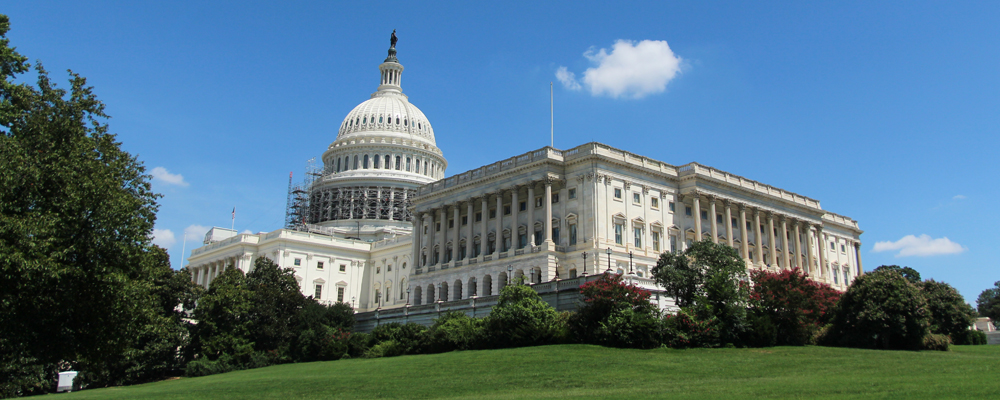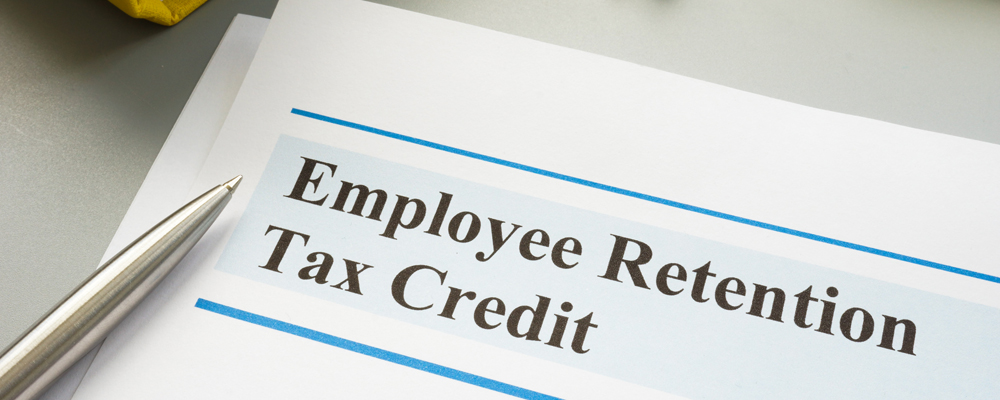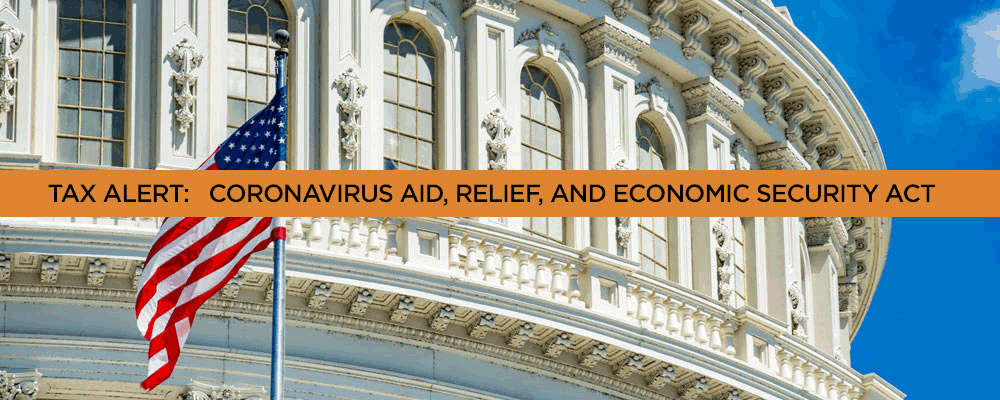Ed Yoder has devoted over two decades to the profession of public accounting. He has a long-standing affinity for helping clients make sense of their debits and credits, showing how they fit together to tell the organization’s financial story.
Ed appreciates the clarity with which accounting serves as the language of business and relishes the opportunity public accounting provides him to assist clients in both solving everyday problems and getting to the bottom of complex accounting challenges they may be facing.
It was back in high school and college when Ed first found that accounting just made sense to him, and the field has held his interest ever since. He was attracted to the nonprofit niche because of the invaluable services these organizations provide, making our community a better place. The tremendous variety of not-for-profit entities offers challenging work that keeps him engaged. In addition, he observes that the passionate people that choose to work for nonprofits are high-quality individuals who are a pleasure to work with.
Outside of his professional work, Ed devotes substantial time to supporting various community organizations. He serves as treasurer for several not-for-profits in Harrisonburg and Rockingham County.
PROFESSIONAL ASSOCIATIONS:
- American Institute of Certified Public Accountants
- Virginia Society of Certified Public Accountants
EDUCATION:
- Associates of Arts from Hesston College in Hesston, Kansas
- Bachelor of Science in Accounting from Goshen College in Goshen, Indiana
- Master of Accountancy from the University of South Florida in Tampa, Florida
SPECIAL REPORT:

Beneficial Ownership Information (BOI) Report
October 3, 2023 | Edward T. Yoder and Charles Dean Smith, Jr
Starting on January 1, 2024, millions of entities will be subject to new reporting requirements. The Beneficial Ownership Information (BOI) Report is a non-tax form that entities must file with the Department of Treasury’s Financial Crimes Enforcement Network, or FinCEN.
ARTICLES:
Understanding IRS Letter 6612 for ERC Claims

IRS Letter 6612 signifies an audit of Employee Retention Credit (ERC) claims, prompted by a surge in ineligible applications. Businesses receiving the letter must provide detailed documentation within 30 days to prove their ERC eligibility or face possible claim denial.
IRS Issues Proposed Regulations on Donor Advised Funds

The IRS has proposed new regulations for Donor Advised Funds (DAFs), impacting how they are defined and managed. These regulations clarify the roles of donors and donor-advisors, introducing specific criteria for identifying DAFs and broadening the scope of liability for taxable distributions.
IRS Announces $1 Billion in Penalty Relief

The IRS has introduced a $1 billion penalty relief program to assist approximately 4.7 million taxpayers who did not receive automated collection reminders during the COVID-19 pandemic.
What Small Businesses Need to Know about the Beneficial Ownership Information Report

Starting on January 1, 2024, millions of small businesses will be required to file a new information reporting form as part of the Corporate Transparency Act. Many PBMares clients will be affected.
Nonprofit Advertising Rules: Periodicals, UBTI, and Membership Receipts

Two previous articles in this series went into detail about how nonprofits can incur taxable income from advertising or sponsorship sales, and how different the taxable impact can be depending on the relationship of certain costs to certain types of income. There is another important consideration of UBTI and advertising: allocable membership receipts.
Nonprofit Advertising Rules: Periodicals and Unrelated Business Taxable Income

Nonprofits can generate revenue from their periodicals through advertising; while this type of revenue is considered to be an unrelated trade or business activity, it might not always be taxable. The key is to understand the relationship between certain costs and types of income.
Nonprofit Advertising and Sponsorship Rules

Nonprofits can run into issues when they accept advertising or sponsorship dollars if they don’t know the rules of unrelated business income tax. Knowing the difference between the two scenarios can help to minimize or manage tax liability.
Updated UBTI Expense Allocation Method for Social Clubs and Tax-Exempt Organizations

Final IRS regulations will require most social clubs and tax-exempt organizations to rework their unrelated business taxable income worksheets to avoid using an outdated expense allocation method.
What’s in the Inflation Reduction Act, Anyway? 12 Tax Provisions in Detail

From corporate tax changes to clean energy tax credits, the 179D commercial building deduction, and more, the Inflation Reduction Act contains a myriad of tax law changes for 2023 and beyond. This article details 12 tax changes likely to impact most taxpayers.
Employee Retention Credit Fraud Remains a Top Risk

The IRS has warned taxpayers about pandemic relief fraud before. Employee retention credit fraud is now so widespread that the IRS added it to its annual list of Dirty Dozen tax scams.
Changes to the Electric Vehicle Credit

Learn about changes to the Clean Vehicle Credit which makes it more complicated to qualify for the full tax credit, including manufacturer requirements, the impact of income thresholds and the effort to promote US manufacturing.
§179D Energy-Efficient Commercial Building Deduction Expanded to Benefit Non-Profit Organizations

For businesses contemplating a commercial project, the §179D deduction, a provision from the Inflation Reduction Act, is now available for any qualifying commercial energy-efficient building.
IRS Warns of Employee Retention Credit Fraud

The IRS recently warned employers to beware of advertisements and solicitations that promise tax refunds that seem too good to be true. They promise business owners lucrative tax refunds from the Employee Retention Credit through filing amended payroll tax returns.
Unrelated Business Taxable Income Reporting for Partnerships

UBTI reporting for exempt organizations can be challenging. Exempt organizations investing in partnerships should ensure that the K1 reporting from the partnership provides the information necessary to ensure correct reporting.
How to Register a Charity in Virginia, Maryland, and North Carolina

Starting a nonprofit often requires registering with the state before the organization can fundraise. States like Virginia, Maryland, and North Carolina all have different rules and requirements for nonprofit registration.
What’s Going on at the IRS? Problems and Steps to Improve Service

2021 was described as the worst year ever for the IRS. Several compounding problems, exacerbated by COVID-19, led to a historic backlog. Now, the agency is taking steps to improve service.
Did You Miss Out on the Employee Retention Tax Credits?

Many employers do not realize they could benefit from the ERC. As businesses close their books and records for 2021 and begin to work on tax compliance, it is a good opportunity to revisit the ERC to clear up any confusion that may exist.
New Schedule A for Form 990T

The IRS has overhauled the 2020 Form 990T “Exempt Organization Business Income Tax Return” and created a new Schedule A “Unrelated Business Taxable Income From an Unrelated Trade or Business” to allow reporting of separate unrelated business activities.
IRS Issues Electronic Filing Mandate for Form 990-T

On March 15, 2021, the IRS announced in an e-News Update for Charities & Nonprofits that mandatory electronic filing of 2020 Forms 990-T has commenced.
IRS Issues Electronic Filing Mandate for Form 990-EZ

On July 15, 2021, the IRS announced in an Exempt Organization update the electronic filing mandate for Form 990-EZ.
American Rescue Plan: What Does It Mean?

The American Rescue Plan Act (the Act) s provides a number of items to help aid economic recovery out of the coronavirus pandemic. Read on for a summary of the Act’s provisions.
Social Clubs Now Eligible for PPP Loans

The American Rescue Plan Act finally gives 501(c)7 Social Clubs the opportunity to apply for Payroll Protection Program (PPP) loans. But you better act fast because the funding for the second round of the PPP loans closes on March 31, 2021.
Non Member Revenue Reporting Requirements

At the end of last year, many clubs received the exact same form letter from the IRS, Letter 6176 (4-2019) Catalog Number 72211B. The letter appears to have been generated by the IRS and sent to many 501(c)(7) exempt organizations reporting nonmember income regardless of the nonmember percentage of gross receipts.
Impact of Changes to Unrelated Business Taxable Income for Exempt Organizations

The IRS recently issued proposed regulations regarding separately computing UBTI for each trade or business activity that could increase a not-for-profit’s tax exposure and liability.
New Proposed Regulations for UBTI Will Impact Private Clubs

How could a change in the tax law passed in 2017 have a substantial impact on clubs today? Given the recent business disruptions caused by the coronavirus, unrelated business income might not seem like a big deal.
How the CARES Act Helps Non-Profits

The Senate and the House of Representatives have both passed the Coronavirus Aid, Relief, and Economic Security Act (CARES Act). The bill provides $2.2 trillion of Federal funds to keep the economy functioning. But what is in the law to aid Non-profits?
IRS Issues Tax Extension Guidance for Taxpayers

On March 13, 2020, the President of the United States issued an emergency declaration under the Stafford Disaster Relief and Emergency Assistance Act in response to the ongoing Coronavirus Disease pandemic.

